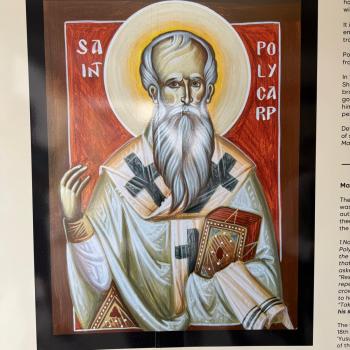BEN: Why you think so many people have mistaken God’s love to mean unconditional tolerance of anything, or as something that is a substitute for obeying God, whereas Jesus says ‘if you love me, keep my commandments’ and that is found in the OT as well?
PATRICK: That’s primarily a cultural and philosophical question. I couldn’t get into this too much in the book but love has a fascinating history. What you describe is the culmination of an evolution of ideas that have become virtually sacred in the West. I can only recommend Simon May’s Love: A History again here. He’d point to nineteenth century Romanticism as a crucial turning point that continues to exert enormous influence in how we understand love today. A core belief here is that love is unconditional, a spontaneous gift that seeks nothing for the giver, that affirms the loved one in who they are. The cultural power of such beliefs means, I think, that many Christians have real difficulty in making theological sense of how the Bible consistently ties love and obedience together. I talk in the book about the ‘paradoxical nature of Christian love’ – believers are loved, forgiven and even become ‘friends’ of Jesus their Lord (John 15). Yet, as you note, Jesus is crystal clear that friendship takes the form of obedience to authoritative commands. And his core command is to ‘love one another’. That love can be commanded seems strange to us, perhaps because we too easily ‘reduce’ God to a loving coach enabling us to live our lives better. In researching and writing the book I was repeatedly reminded of the unequal relationship of love between God and his people.













